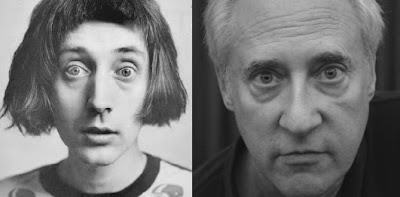I used to be very big on the Byrne version of things, but I've come to see its flaws. Something that I thought SR got right, completely against Byrne's take on things, was the idea of Superman thinking of himself as an alien. I'd never liked how that idea was portrayed in the Silver/Bronze Age comics, but I've come to think that Byrne went too far to the opposite extreme, to the point of being overly simplistic in making Clark such a perfect, idyllic individual.
For example, Byrne seemed to think that if Superman hadn't played football in high school, he couldn't have been psychologically normal...but lots of kids don't play football in high school, and Clark abstaining from sports could be seen as a character-building experience. Superman may wish he were a normal person, but he never could or should be one, IMO. Being Superman should be an awesome responsibility and a heavy burden, and I'm glad that MoS also went with this take on the character.
For example, Byrne seemed to think that if Superman hadn't played football in high school, he couldn't have been psychologically normal...but lots of kids don't play football in high school, and Clark abstaining from sports could be seen as a character-building experience. Superman may wish he were a normal person, but he never could or should be one, IMO. Being Superman should be an awesome responsibility and a heavy burden, and I'm glad that MoS also went with this take on the character.



